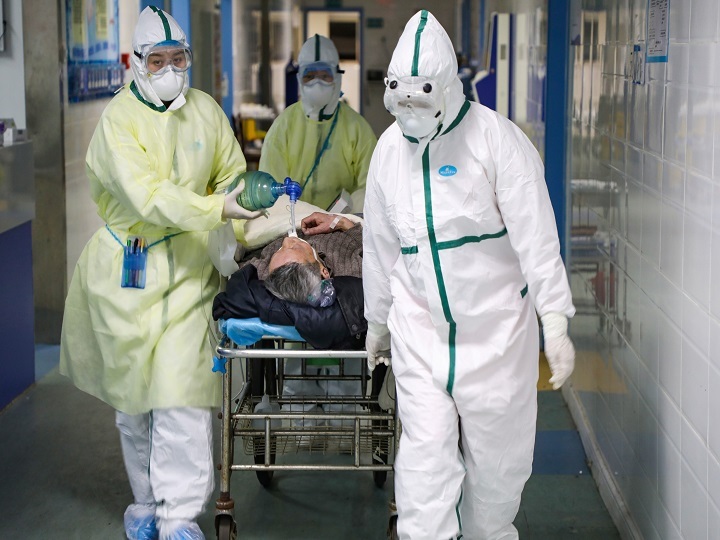Want to Avoid the Corona Virus? Keep these things in mind, know the details
With coronavirus outbreaks in Europe and the Middle East, the covid-19 virus appears to be going pandemic. As public concern increases worldwide, unscientific and unreliable advice on how to protect yourself is now rife, proliferating on social media and through messaging apps. Here’s what you really need to know.
How bad is the infection?
More than 80 per cent of people infected develop only mild symptoms, such as a fever and a cough. Only around 1 in 100 people die – those who do are usually older and have existing health problems, such as heart disease or diabetes. No deaths have been reported in children under 9 years old.
How do people catch it?
The virus is thought to be transmitted by droplets emitted when people sneeze, cough or even just talk, says David Heymann at the London School of Hygiene and Tropical Medicine, who led the global efforts to contain SARS. If you are within 2 or 3 metres of an infected person, you can breathe in those droplets directly. The longer you are near them, the greater the risk.
Surfaces can be contaminated by falling droplets, or by people coughing into their hand before pressing a button, say. If you touch a contaminated surface and then touch your eyes, nose or face, you can become infected. Faeces from infected people might also be infectious.
How can I avoid catching it?
You can minimise your risk of catching the coronavirus through “social distancing” and good hygiene. Move at least a metre away from anyone who appears ill if you can. Don’t shake hands, hug or kiss people as a greeting. Wash your hands often with soap and water, or use an alcohol hand rub, especially after touching surfaces that might be contaminated.
The World Health Organization (WHO) says there is no need for healthy people to wear face masks. It also says there is no evidence that pets can get and spread covid-19, or that the virus can be passed on via letters, packages or food.
How can I protect myself?
It is being claimed all kinds of things can protect you from the covid-19 virus, from vitamins to garlic. There is no evidence to support most of these claims. However, there is evidence that moderate exercise, adequate sleep and a healthy diet help keep your immune system in shape generally.
We don’t know if smoking increases the risk of people with covid-19 becoming severely ill because China hasn’t been reporting if infected people are smokers, but previous studies have shown that smoking increases the risk of being hospitalised if you get flu. Now is a great time to go on a health kick.
It might also be worth booking yourself in for the flu and pneumococcal vaccines, which are already recommended for people over the age of 65 in the UK. These vaccines won’t prevent infection with the covid-19 virus, but by protecting you from other infections they will help ease the burden on health services. Fewer people coming down with diseases with similar symptoms to covid-19 will also make the situation easier to control, says Jennifer Nuzzo at Johns Hopkins Center for Health Security in Baltimore, Maryland.
How can I avoid infecting others?
If you are ill and think you might have covid-19, don’t go to a doctor or to a hospital because you might infect others. Stay at home and call your local heath authority. If you have a fever, cough and difficulty breathing, you should seek medical attention, the WHO says.
If you absolutely have to go out, wear a face mask. Cover your mouth and nose with a tissue when you cough, and throw it away afterwards. If you don’t have a tissue, cough into your bent elbow, not your hand.
There are various winter viruses circulating in the northern hemisphere right now, and if you come down with norovirus, for example, it is a good idea to stay at home until several days after symptoms finish. This will help reduce the spread of infections that would exacerbate the strain on health services, and make it easier to track those who really have covid-19.
What happens if my family or flatmates get sick?
Now is the time to think about what happens if you or people you care about become ill. “Plan who will check up on who,” says Michael Osterholm at the University of Minnesota.
There is a high risk of the virus spreading among people who live together. Ideally, people who are ill should stay in a separate room and use a different bathroom, although this will be difficult in many situationsIf ill people require care, both they and the carer should wear masks, says Heymann. The carer should also wear glove.
Link:- Read In Gujarati

No comments:
Post a Comment